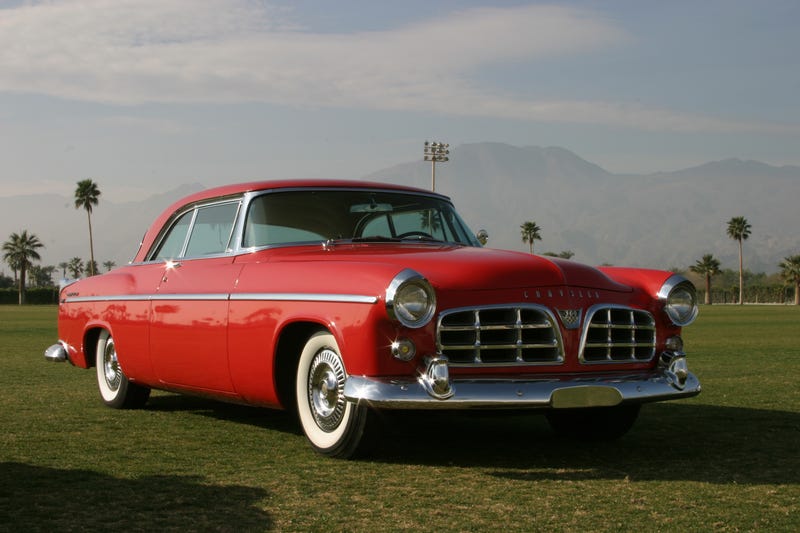
(WWJ) Chrysler has begun celebrating its centennial.
“It’s rare when you see companies and brands that are strong enough to survive and thrive for an entire century,” said Chris Feuell, CEO of the Chrysler Brand.
The actual anniversary is June 6. On that date in 1925, Chrysler was officially incorporated.
The celebration begins at the New York Auto Show, where a century ago Chrysler showed off some of its first vehicles.
While many historic vehicles are on display at that show, this will be a nationwide event, lasting for months, with a lot going on here in Chrysler’s hometown.
“We will be doing a number of exciting events at our headquarters in Auburn Hills,” said Feuell. “We’ve got exciting tie-ins with the Gilmore Museum, and certainly the Chrysler Carlisle event in July. We will be loud and proud at Woodward Dream Cruise as well.”
Chrysler will also spend this time looking to the future.
The brand is down to just two minivans today, the Pacifica and the low cost Voyager. The Pacifica will soon be totally redone, with an electric vehicle coming shortly after that.
Feuell promises a full lineup of products. And while the original plan had been to transition Chrysler to an all-electric brand, the slower growth of EVs and other market conditions have forced them to update those plans.
“We have shifted our strategy on the propulsion systems as we look toward the future,” she said. “We’ve been assessing how the markets and customer needs have been shifting as well. So, we will be launching a multi-energy platform across the portfolio which will include traditional ICE, as well as hybrid and battery-electric.”
Feuell said Chrysler’s current “employee pricing for all” incentives have improved sales, which were weak in the first quarter. The Windsor minivan plant has reopened, after two weeks of downtime.
Because their current products are all made in Canada, Chrysler faces more tariffs issues than most brands. Fuell said they are working to mitigate the impact.
“We have been in daily discussions with the White House regarding the tariffs, and the roles and alternatives that we can contribute to improve the overall content of the vehicles and try to mitigate the tariff exposure.”
